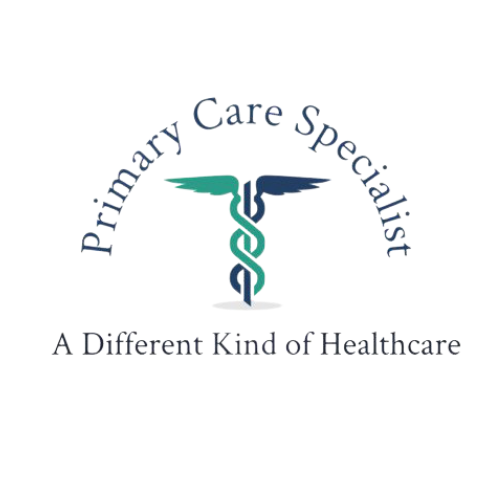Understanding Calcium Score: A Vital Tool for Heart Health During Heart Month
Understanding Calcium Score: A Vital Tool for Heart Health During Heart Month
February is Heart Month, a time dedicated to raising awareness about heart health and preventing heart disease. One crucial aspect of heart health that often goes overlooked is the calcium score screening, a valuable tool in assessing the risk of coronary artery disease (CAD) and ensuring a healthy heart. In this blog post, we'll delve into what a calcium score is, why it's important, and how you can get screened to safeguard your heart health.
What is a Calcium Score?
A calcium score, also known as coronary artery calcium (CAC) scoring, is a non-invasive imaging test that measures the amount of calcium buildup in the coronary arteries. Calcium buildup in the arteries is a marker of atherosclerosis, a condition characterized by the hardening and narrowing of the arteries due to plaque buildup. The higher the calcium score, the greater the risk of CAD and potential heart-related complications.
Why is Calcium Score Screening Important?
Calcium score screening provides valuable information about an individual's risk of developing CAD and experiencing a heart attack or other cardiovascular events. Even in individuals without symptoms of heart disease, a high calcium score may indicate the presence of underlying coronary artery disease, prompting early intervention and lifestyle modifications to reduce the risk of heart-related complications.
Who Should Consider Calcium Score Screening?
While calcium score screening is not recommended for everyone, it may be beneficial for individuals who have one or more risk factors for heart disease, including:
Advanced age
Family history of heart disease
High blood pressure
High cholesterol levels
Diabetes
Smoking
Sedentary lifestyle
Obesity
Additionally, individuals who are asymptomatic but want to proactively assess their heart health may choose to undergo calcium score screening as part of their preventive care routine.
How to Get Screened for Calcium Score
Getting screened for calcium score is a straightforward process that typically involves a quick and painless CT scan of the heart. During the scan, images of the coronary arteries are taken to detect the presence and extent of calcium deposits. The results are then used to calculate a calcium score, which is interpreted by a healthcare provider.
To schedule a calcium score screening, individuals can:
Consult with their primary care physician or cardiologist to determine if calcium scoring is appropriate based on their risk factors and medical history.
Schedule an appointment at a radiology or imaging center that offers calcium scoring services.
Prepare for the screening by following any specific instructions provided by the healthcare provider, such as fasting requirements or medication adjustments.
Undergo the CT scan, which typically takes less than 15 minutes and does not require any injections or invasive procedures.
Receive the calcium score results and discuss them with a healthcare provider to develop an appropriate plan for heart health management and risk reduction.
Conclusion: Prioritize Your Heart Health
As we observe Heart Month and focus on promoting heart health awareness, consider the importance of calcium score screening in assessing your risk of heart disease. By taking proactive steps to understand and manage your heart health, you can lower your risk of cardiovascular events and enjoy a longer, healthier life. Don't wait until symptoms arise – prioritize your heart health today by discussing calcium score screening with your healthcare provider and taking the necessary steps to ensure a healthy heart for years to come.
